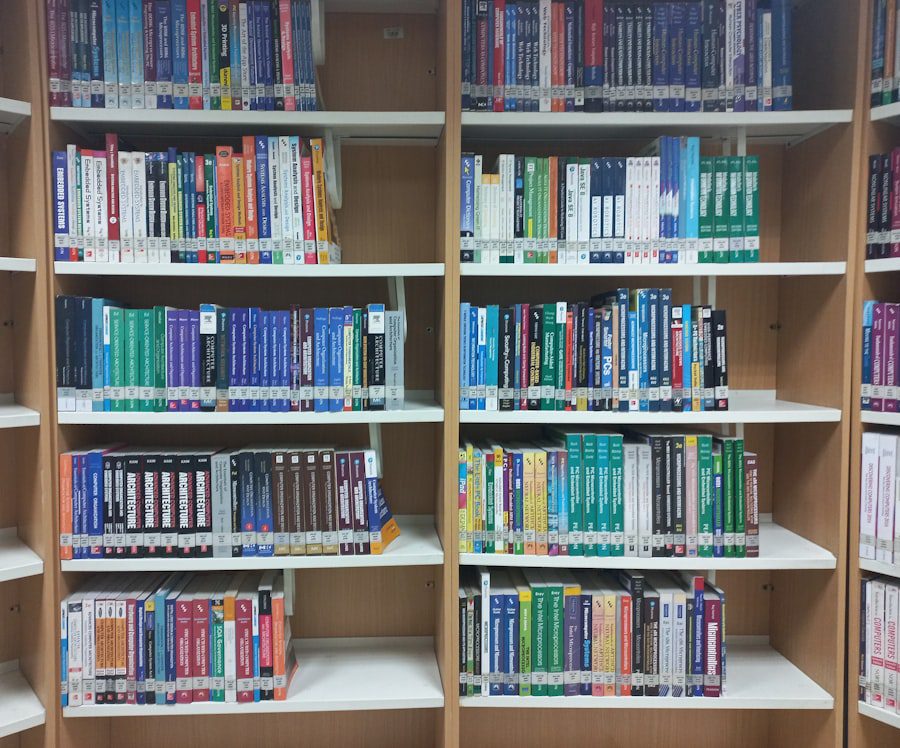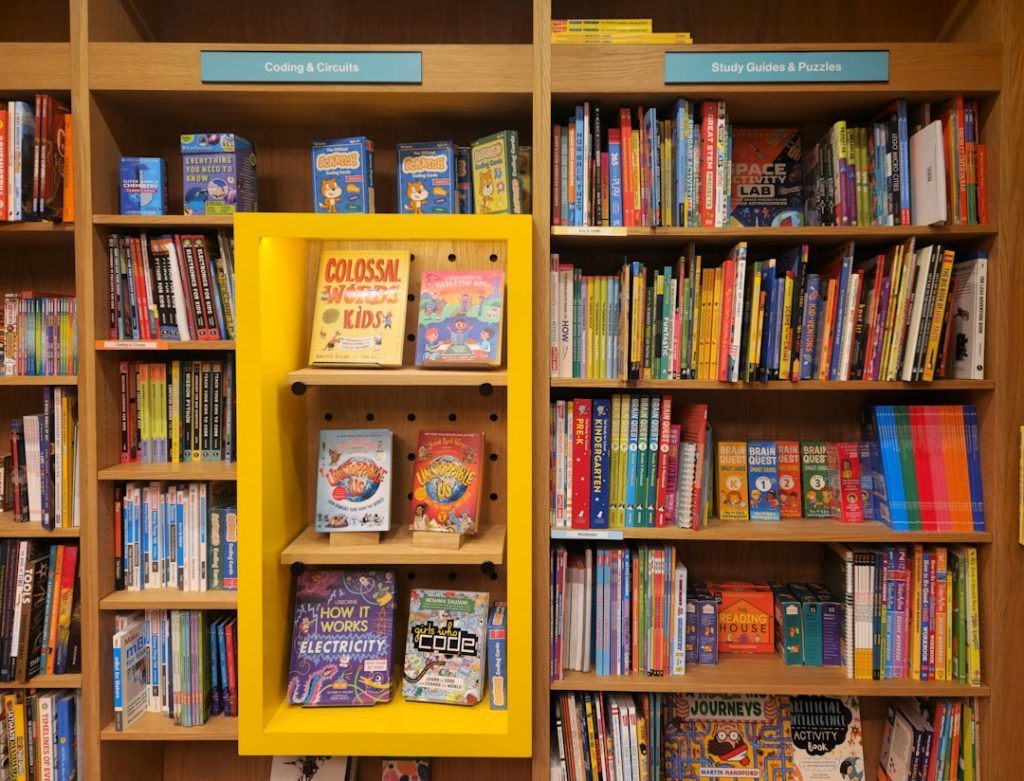Literature has long been a mirror reflecting the complexities of human experience, serving not only as a source of entertainment but also as a profound vehicle for moral exploration. Through narratives that traverse time and culture, literature invites readers to engage with ethical questions and dilemmas that challenge their understanding of right and wrong. The influence of literature on moral imagination is significant; it allows individuals to step into the shoes of others, fostering a deeper understanding of diverse perspectives and experiences.
This exploration of moral imagination through literature is not merely an academic exercise; it is a vital component of personal and societal growth. As readers immerse themselves in the lives of characters, they encounter situations that compel them to confront their own values and beliefs. The act of reading becomes an ethical journey, where the boundaries of one’s moral framework are tested and expanded.
This dynamic interplay between literature and moral imagination is essential in cultivating a more empathetic society, as it encourages individuals to reflect on their own moral compass while considering the broader implications of their choices. In this article, we will delve into the multifaceted role of literature in shaping moral imagination, examining how it fosters empathy, challenges perspectives, influences ethical decision-making, and serves as a tool for moral education.
Key Takeaways
- Literature has a significant influence on moral imagination, shaping individuals’ understanding of right and wrong.
- Literature plays a crucial role in developing empathy and compassion by allowing readers to step into the shoes of diverse characters and understand their experiences.
- Through diverse narratives and perspectives, literature challenges and expands moral perspectives, encouraging readers to consider alternative viewpoints.
- Literature has a profound impact on ethical decision-making, as it presents complex moral dilemmas that prompt readers to reflect on their own values and beliefs.
- The representation of moral dilemmas in literature serves as a powerful tool for moral education and reflection, prompting readers to consider the consequences of their actions.
The Role of Literature in Developing Empathy and Compassion
The Power of Fiction
Through the lens of fiction, readers can explore the intricacies of human relationships and the emotional landscapes that define them. Novels like Harper Lee’s “To Kill a Mockingbird” allow readers to witness the profound injustices faced by marginalized individuals, fostering a sense of compassion that transcends time and place.
Engaging with Moral Dilemmas
Moreover, literature often presents characters grappling with their own moral dilemmas, inviting readers to engage with their struggles on a personal level. This engagement cultivates a sense of shared humanity, as readers recognize their own vulnerabilities reflected in the characters’ journeys.
Cultivating Compassion
The emotional resonance created through storytelling enables individuals to develop a more nuanced understanding of others’ experiences, ultimately enhancing their capacity for empathy. In this way, literature serves as a powerful catalyst for compassion, encouraging readers to extend their understanding beyond their immediate realities.
How Literature Challenges and Expands Moral Perspectives

Literature possesses the unique ability to challenge prevailing moral norms and expand the horizons of ethical thought. By presenting alternative viewpoints and questioning established beliefs, literary works encourage readers to critically examine their own values. For example, Fyodor Dostoevsky’s “Crime and Punishment” delves into the psyche of Raskolnikov, a character who rationalizes murder for what he perceives as a greater good.
This narrative forces readers to grapple with complex questions about morality, justice, and the consequences of one’s actions. Additionally, literature often highlights the moral ambiguities inherent in human behavior. Works such as Joseph Conrad’s “Heart of Darkness” confront readers with the darker aspects of colonialism and human nature, prompting them to reconsider simplistic notions of good and evil.
By engaging with these challenging narratives, readers are encouraged to adopt a more critical stance toward their own moral beliefs. This process not only broadens their understanding of ethical issues but also fosters an appreciation for the complexity of human motivations and actions.
The Impact of Literature on Ethical Decision-Making
The relationship between literature and ethical decision-making is profound, as narratives often present characters facing significant moral choices that resonate with readers’ own lives. When individuals encounter dilemmas within stories, they are prompted to reflect on how they might respond in similar situations. This reflective process can lead to greater self-awareness and informed decision-making in real-life contexts.
For instance, in George Orwell’s “1984,” the protagonist Winston Smith grapples with issues of loyalty, truth, and resistance against oppressive regimes. Readers are left to ponder their own values regarding authority and individual freedom. Furthermore, literature can serve as a guide for ethical reasoning by illustrating the consequences of various choices.
Characters who navigate moral quandaries often experience profound transformations or face dire repercussions based on their decisions. This narrative structure reinforces the idea that ethical choices carry weight and can significantly impact not only the individual but also society at large. By engaging with these stories, readers are encouraged to consider the broader implications of their actions, fostering a more conscientious approach to ethical decision-making.
The Representation of Moral Dilemmas in Literature
Moral dilemmas are central to many literary works, providing fertile ground for exploring complex ethical questions. These dilemmas often force characters—and by extension, readers—to confront conflicting values and make difficult choices that reveal their true character. For example, in William Shakespeare’s “Hamlet,” the titular character faces an agonizing decision about avenging his father’s murder while grappling with questions of morality, justice, and revenge.
The intricacies of Hamlet’s internal struggle resonate with readers who may find themselves in situations where competing values clash. Moreover, literature frequently portrays moral dilemmas that reflect societal issues, prompting readers to engage with contemporary ethical challenges. In Khaled Hosseini’s “The Kite Runner,” themes of betrayal, redemption, and loyalty are woven into the narrative as characters navigate personal and political conflicts in Afghanistan.
The moral dilemmas faced by the characters serve as a microcosm for larger societal issues, encouraging readers to reflect on their own responsibilities within their communities. By engaging with these representations of moral dilemmas, literature fosters critical thinking about ethics in both personal and societal contexts.
Literature as a Tool for Moral Education and Reflection

The Power of Storytelling in Moral Education
For instance, reading works like “The Giver” by Lois Lowry can prompt discussions about individuality versus conformity, freedom versus control—issues that resonate deeply in contemporary society. In addition to formal education settings, literature encourages personal reflection on moral values outside the classroom. Readers often find themselves contemplating the ethical implications of characters’ actions long after they have closed the book.
Personal Reflection and Moral Growth
This reflective process can lead to a deeper understanding of one’s own beliefs and values while fostering a commitment to ethical living. By engaging with literature that challenges or affirms their perspectives, individuals can cultivate a more robust moral framework that guides their interactions with others.
Cultivating a Moral Framework
Through literature, individuals can develop a more nuanced understanding of complex moral issues and refine their own moral compass. As a result, literature plays a vital role in shaping the moral fabric of society, inspiring individuals to become more empathetic, thoughtful, and responsible members of their communities.
Conclusion
Ultimately, the study of literature offers a unique opportunity for moral education and personal growth, allowing readers to engage with complex ethical issues in a safe and thought-provoking environment. By embracing the power of literature, individuals can develop a deeper understanding of themselves and the world around them, leading to a more compassionate and just society.
The Power of Storytelling in Shaping Moral Values
Storytelling is an intrinsic part of human culture, serving as a means to convey values, beliefs, and lessons across generations. Literature harnesses this power by weaving narratives that resonate with fundamental human experiences—love, loss, conflict, and redemption—allowing readers to connect emotionally with the material. Through storytelling, authors can impart moral lessons in ways that resonate deeply with audiences.
For example, Aesop’s fables use simple yet poignant tales to convey ethical lessons about honesty, kindness, and humility. Moreover, storytelling fosters a sense of community by sharing common values and experiences among diverse groups. When individuals engage with stories that reflect their own struggles or aspirations, they find solace in knowing they are not alone in their experiences.
This shared understanding can strengthen social bonds and promote collective moral values within communities. As literature continues to evolve across cultures and time periods, its capacity to shape moral values remains a vital aspect of its enduring relevance.
Harnessing the Potential of Literature to Shape Moral Imagination
The exploration of literature’s influence on moral imagination reveals its profound capacity to shape individual and collective ethical frameworks. Through fostering empathy and compassion, challenging perspectives, influencing decision-making processes, representing moral dilemmas, serving as a tool for education and reflection, and harnessing the power of storytelling, literature plays an indispensable role in cultivating a more morally aware society. As we continue to navigate an increasingly complex world filled with ethical challenges, harnessing the potential of literature becomes essential in nurturing our moral imaginations and fostering a deeper understanding of our shared humanity.


